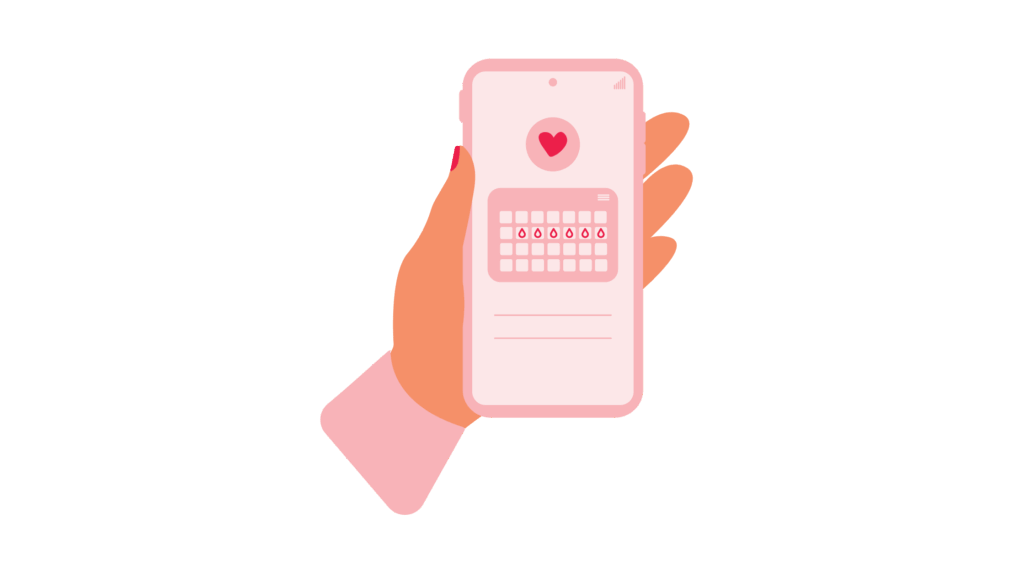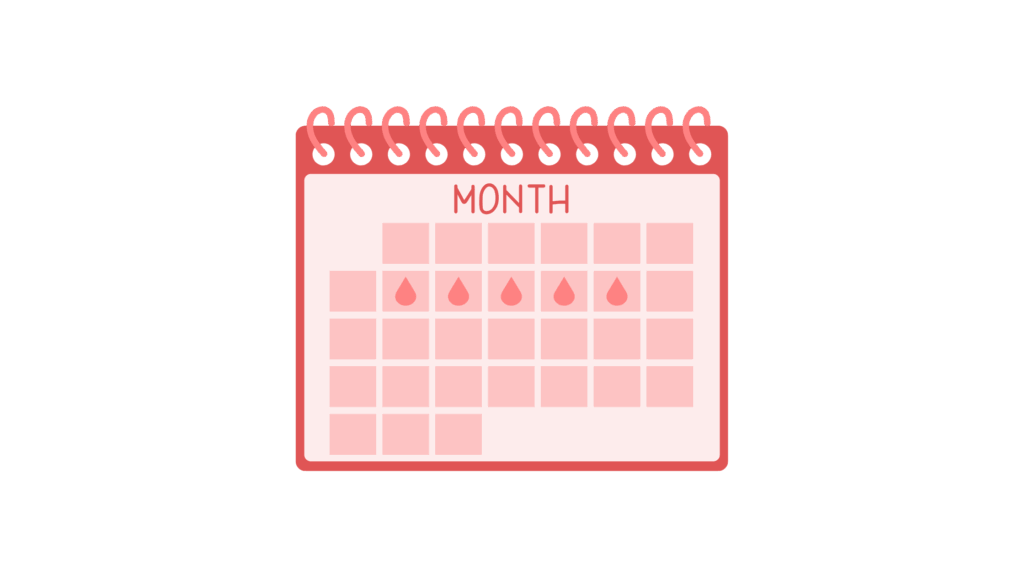Periods: Breaking Down The Basics

There’s no one-size-fits-all when it comes to periods. It can be confusing to know what is ‘right’ and what is ‘wrong’ when it is such a unique experience, and if your period doesn’t look like what your friend’s does.
This is a guest blog written by Molly Fenton, a young activist and the founder of the Love Your Period Campaign.
We’ve put together this blog, so you know what’s normal (and when to get checked out).
Please note this is not medical advice. I have recently worked with the charity ‘Wellbeing of Women’ to put together this symptom checker.
Your flow
Periods can last anywhere from 2 to 7 days, according to the NHS, but mine lasted 9/10 days as a teenager! We know this varies, and the flow can change monthly, too.
You might experience:
- Light periods: small amount of bleeding, often needing a panty liner or light pad. It can be normal, especially when your period first starts.
- Heavy periods: Soaking through a pad or tampon every 1–2 hours, needing to double up on products, or bleeding for more than 7 days. Heavy menstrual bleeding is not normal, but is common.
- Spotting: Smaller drops of blood between periods. It can happen due to stress, hormones, starting contraceptives, or other reasons.
If you’re bleeding suddenly changes or feels unmanageable, it’s a good idea to speak to a nurse or GP. As well as struggling with heavy periods, other red flags include blood clots bigger than 2 pence pieces, and your periods disappearing altogether.
How regular should your period be?
Menstrual cycle lengths can be from 21 to 35 days, but it’s not always perfectly timed. Especially when you’ve just started your period!
Your cycle might:
- Come earlier or later each month
- Be affected by stress, illness, exercise, or weight changes
- Stop and start if you’re using contraception or have a health condition
Irregular periods aren’t always a problem, but it’s worth getting checked out if:
- You haven’t had a period for 3+ months (and you’re not pregnant)
- Your periods suddenly become super irregular
- You’re worried that something doesn’t feel right
Remember that YOU are the expert of your own body!
What colour should it be?
Period blood can come in different colours, depending on the day and flow:
- Bright red: Fresh, normal bleeding.
- Dark red or brown: Often at the beginning or end of your period, when the blood is older.
- Pink: Lighter bleeding or spotting.
- Grey or very pale (or any odd colour): This could be a sign of infection. Talk to a doctor or nurse.
It’s good to pay attention to colour changes, but most of the time, it’s nothing to worry about.
Know what’s normal for you
Tracking your period can help you understand what’s typical for your body. You can track your periods using apps on your phone, notebook, or even print-outs.
Keep an eye on:
- Start and end dates
- Flow (light/medium/heavy)
- Any pain, mood changes, or unusual symptoms
If something feels off, go get it checked. Remember: you know your body better than anyone!
Support from Meic
This is a guest blog written by Molly Fenton, a young activist and the founder of the Love Your Period Campaign. Read more blogs from the campaign.
Meic want to amplify young people’s voices across Wales, using our platform to co-produce meaningful content that truly reflects their experiences and helps drive positive change. That’s why we’ve teamed up with Love Your Period to create our “Love Your Period” campaign.
The Love Your Period Campaign aims to end period poverty by ensuring free access to menstrual products and to combat period stigma through better education and open conversations. It strives to make periods a normal, accepted topic, ensuring everyone has dignity and support during menstruation.
Affected by anything you read about in this blog? Reach out to our friendly advisors on the Meic helpline. Meic is there for children and young people in Wales to get free information, advice, and advocacy every day from 8am to midnight. We’re someone on your side.






















